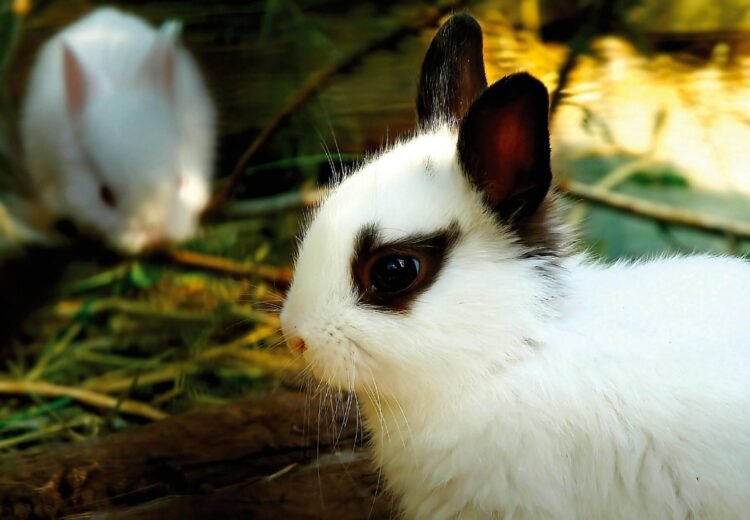Despite their association with Easter imagery, animal welfare experts are warning that rabbits, while undeniably adorable, require a serious and long-term commitment that goes far beyond the spring season.
“It’s really important for people to do their research when it comes to bringing home any animal — particularly rabbits,” said Shannon Stephenson, Centre Manager at the Humane Society of Durham Region, in an interview with CTV News Toronto. “Rabbits typically live eight to 12 years, and their living environment and dietary needs require a lot of commitment.”
Not Low-Maintenance Pets
Rabbits are often misunderstood as low-maintenance animals, which can lead to uninformed adoptions. But the Toronto Humane Society emphasizes that rabbits are highly social and energetic creatures that need space to roam, toys to play with, and lots of social interaction.
“There’s sometimes a misconception that rabbits can stay in cages or small enclosures, but it’s not good for them,” said Lauralee Dorst, Director of Community Animal Welfare at the Toronto Humane Society. “They need to get out, stretch their legs, hop around, and they like to cuddle. They’re very social.”
Stephenson echoed the sentiment, adding, “Rabbits have really unique personalities. They bond closely with their adopters and are playful and smart. Many can be trained, even litter trained.”
Daily Needs and Enrichment
Enrichment is crucial for a rabbit’s well-being. This includes both physical space and mental stimulation, such as toys and food that allow for foraging behavior.
“They like to move little toys around, like balls or blocks,” Dorst explained. “And feeding them fresh vegetables like lettuce in a way that mimics how they would find food in the wild helps keep them mentally stimulated.”
Importantly, humane societies also note that domestic rabbits should never be released into the wild if their owners can no longer care for them.
“Some people think pet rabbits can be set free, but they are domesticated. They don’t have the survival instincts to live in the wild,” said Dorst. “It’s like expecting a pet dog to survive in a wolf pack.”
In such situations, owners are encouraged to contact their local humane society for assistance or surrender options.
Tips for Responsible Rabbit Care
The Royal Society for the Prevention of Cruelty to Animals (RSPCA) emphasizes several key points for rabbit owners:
-
Hay is essential to keep their constantly growing teeth healthy.
-
Rabbit-proof your home to avoid chewed furniture or electrical cords.
-
Provide hiding spots, such as cardboard boxes, to help rabbits feel safe, as they are naturally prey animals.
-
Avoid boredom with safe toys and activities to prevent destructive behavior.
A Lifelong Commitment
Both Dorst and Stephenson stress that adopting any animal, especially rabbits, should never be a spontaneous decision.
“Please do your research to make sure a rabbit is the right fit for your family,” Stephenson urged. “You’re taking on a long-term commitment.”
“Rabbits, as cute and beautiful as they are, are not a good gift,” added Dorst. “They require years of care, attention, and resources.”
As Easter draws near, humane societies hope that awareness and education will lead to more thoughtful, compassionate decisions when it comes to welcoming a furry friend into the family.

 English
English



























































